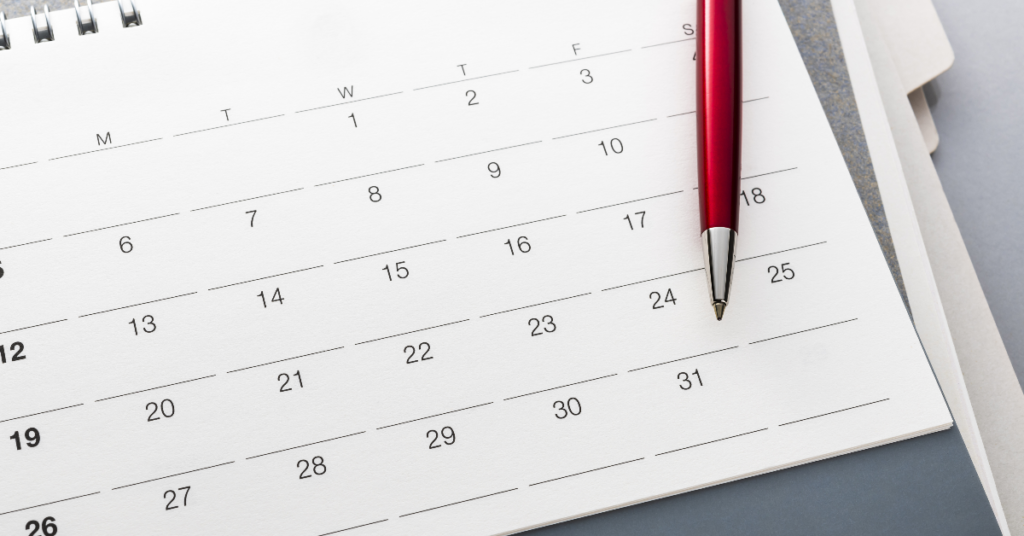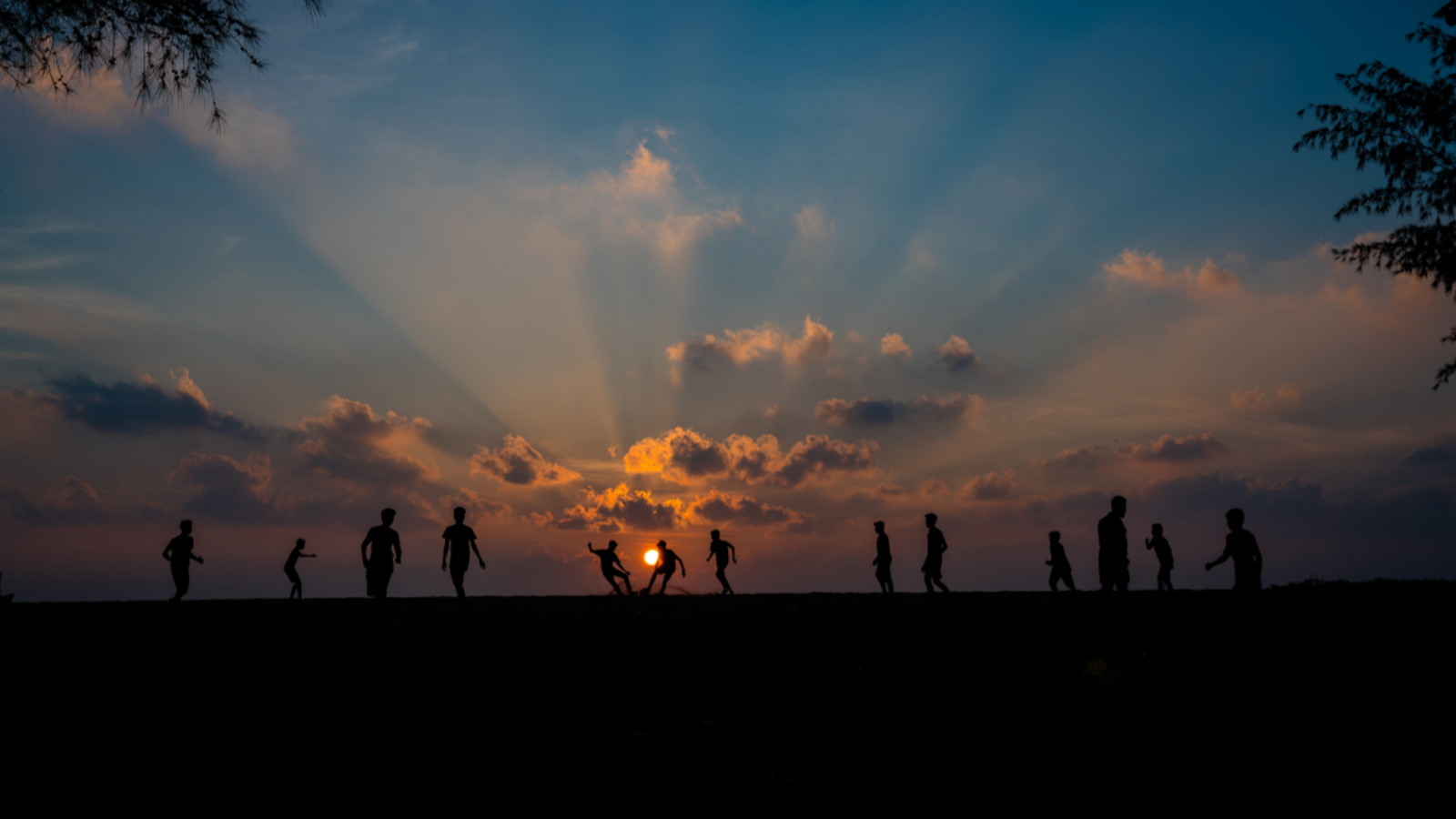Adding daily walks for sleep into your daily routine can significantly improve your sleep quality, helping you drift off faster and enjoy a deeper, more restorative sleep.
Table of Contents
Walking to fall asleep faster
Walking isn’t just great for your physical health; it’s a powerful tool for improving your sleep. Here’s why:
- Reduces Stress and Anxiety: Walking helps reduce the levels of cortisol, the stress hormone. A 30-minute walk can clear your mind and help you unwind, making it easier to relax and fall asleep when bedtime comes.
- Regulates Your Circadian Rhythm: Exposure to natural light during a walk helps reset your body’s internal clock. This can be especially beneficial if you’re struggling with sleep because your circadian rhythm is out of sync.
- Boosts Mood: Physical activity like walking releases endorphins, which can improve your mood and reduce symptoms of depression and anxiety—both common contributors to insomnia.

Are sleepless nights getting the best of you?
Can’t fall asleep faster no matter how hard you try? You’re not alone. Insomnia plagues millions of people worldwide, making a restful night’s sleep feel like an elusive dream. However, there’s a simple, natural remedy that’s often overlooked—walking. Adding regular walks into your daily routine can significantly improve your sleep quality, helping you drift off faster and enjoy a deeper, more restorative sleep. Let’s explore how walking can be your ticket to better nights and brighter mornings.

Morning Walks for Better Sleep
Starting your day with a sunshine walk can set you up for a night of better sleep.
Set a Routine
- Try to walk at the same time every morning to establish a routine that balances your body’s natural sleep-wake cycle.
Get Sunlight Early
- Morning sunlight helps regulate your circadian rhythm, signaling to your body that it’s time to be awake. This can help you feel more alert during the day and sleepier at night.
Brisk Walk
- A brisk walk in the morning will energize you and improve your focus and productivity throughout the day, leading to a more satisfying and restful night.

Relaxing Evening Walks
An evening walk can help you transition from busy day to a more relaxed state.
Before Dinner
- Brisk Walk: 15-30 minute walk at a moderate pace where you can comfortably hold a conversation.
- Nature Walk: If possible, choose a route with natural scenery like a park or trail. Nature can be calming and reduce stress hormones that interfere with sleep.
- Walking Group: Join a walking group in your neighborhood for some social interaction and added motivation during your evening walk.
After Dinner
- Sunset Stroll: Take a short, leisurely walk (15-20 minutes) after dinner to aid digestion. Keep the pace slow and focus on enjoying the cooler evening air.
- Mindful Walk: Use this time to clear your mind of any stress or worries from the day. Focus on your breath, the sensations in your body, and the sights and sounds around you.

Setting Your Circadian Rhythm
Regular Sleep & Wake Times
- Go to bed and wake up at consistent times each day, even on weekends.
Naps Strategically
- Short naps (20-30 minutes) early in the afternoon can be refreshing, but avoid napping too late in the day as it can interfere with nighttime sleep.

Create a Daily Walking Routine
To maximize the sleep benefits of walking, make it a regular part of your day.
- Set Goals: Start with small, achievable goals. Aim for 15-30 minutes of walking each day, gradually increasing your time as you build the habit.
- Track Your Progress: Use a walking tracker to monitor your routine and its impact on your sleep. Note the duration, time of day, and how you slept that night to identify patterns and make adjustments as needed.
- Combine with Good Sleep Hygiene: Walking is most effective when paired with good sleep hygiene. Maintain a consistent sleep schedule, create a relaxing bedtime routine, and ensure your sleep environment is conducive to rest.
Download Your Free Daily Walking Tracker
Want to track your walking routine and see how it impacts your sleep? Download our free Walking Tracker and start your journey to better sleep today! Click here to download!
Fill out this tracker and review your progress after a few weeks. This practice will not only help you establish a consistent walking routine but also provide valuable insights into how walking is improving your sleep quality. Make it a part of daily routine!
More Tips to Fall Asleep Faster
- Hydrate and Eat Light: Stay hydrated, but avoid large amounts of water before bed. Have a light dinner to prevent discomfort and nighttime awakenings.
- Create a Relaxing Routine: Wind down with calming activities like reading or taking a warm bath after your evening walk.
- Avoid Screens: Limit exposure to screens before bedtime, as the blue light can interfere with your ability to fall asleep.
Regular Walks
Adding regular walks into your daily routine can be a game-changer for your sleep. Whether you prefer a morning walk to jumpstart your day or just an evening stroll to relax, the benefits are clear. By reducing stress, regulating your circadian rhythm, and improving your mood, walking can help you drift off faster and enjoy deeper, more restorative sleep. So, slip on your shoes and step out—better sleep is just a few steps away!
The current study suggests that physical activity and sleep were related in multiple ways. The more active one is over a month, the better they report sleeping. Women who were more active reported sleeping better than less active women, but this relationship was not found for men, or with sleep duration. On days in which participants took more steps and spent more time active than average, they reported better sleep quality and longer sleep durations.
https://www.ncbi.nlm.nih.gov/pmc/articles/PMC6801055/




Pingback: 5 Tips for a Healthier Lifestyle
Pingback: Biohack Your Walk: 9 Self-Care Hacks Beyond National Walking Day
Pingback: Walk for Sleep: A Simple Habit for a Better Night's Rest
Pingback: Walk This Way To Sharper Focus & Bright Eyes (7 ways)
Pingback: Take the Sleep Quiz! What Duvet Is Right For you?
Pingback: Sweet Dreams: Berry Blends For Better Sleep
Pingback: 5 Easy Sleep Ritual with Berries
Pingback: Sleeping Beauty: Sleep Tight, Wrinkle Light
Pingback: Sleep Aids Essentials If You're Struggling To Sleep
Pingback: Reduce Bloat and Improve Digestion: Move This Way with 10 Exercises
Pingback: 3 Reasons Why Korean Sauna is Perfect for Me-time
Pingback: 7 Self-Care Strategies to Get Comfortable with Being Uncomfortable
Pingback: 9 Screen Break Hack: Daily Walk for Better Eyes